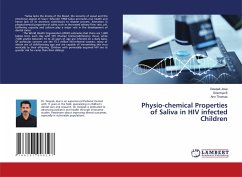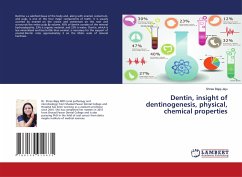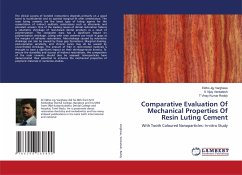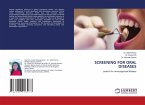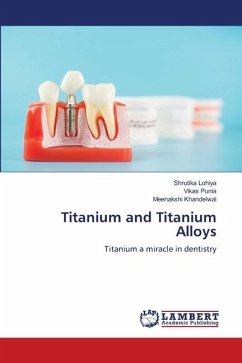"Saliva lacks the drama of the blood, the sincerity of sweat and the emotional appeal of tears" (Mandel 1990) Saliva promotes oral health and hence lack of its secretion contributes to disease process. Alteration in physiochemical properties of saliva such as decreased salivary flow rate, pH, buffering capacity and calcium play a major role in the development of dental caries. The World Health Organization (WHO) estimates that there are 1,600 babies born each day with HIV (Human Immunodeficiency Virus), while 7,000 youths between 10 to 24 years of age are infected on a daily basis. Of particular concern are the 15.7 million HIV-infected women, many of whom are of child-bearing age and are capable of transmitting this virus vertically to their offspring. Children with perinatally acquired HIV are at greater risk for caries than their siblings.
Bitte wählen Sie Ihr Anliegen aus.
Rechnungen
Retourenschein anfordern
Bestellstatus
Storno

